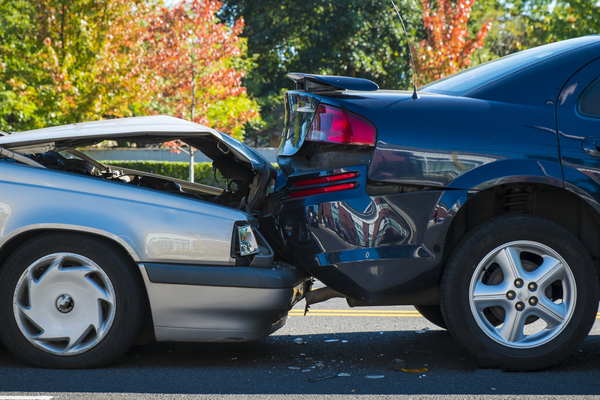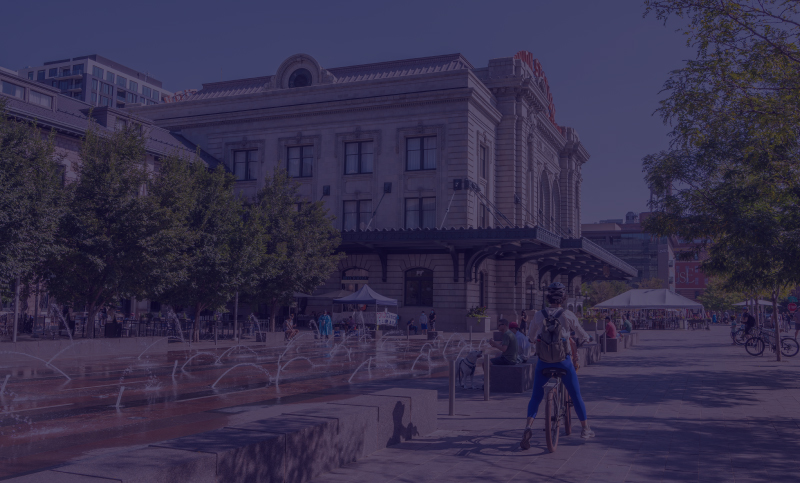Rear End-Collision Injuries and How You Can Recover

Getting hit from behind while driving is sudden, often violent, and leaves many people with injuries that linger for far longer than the accident itself. Whether you feel the pain right away or notice it days later, rear-end collisions can throw your entire life off track.
The damage isn’t always visible, either. These crashes are notorious for causing soft tissue injuries, spinal problems, and even traumatic brain injuries that often go underestimated — by insurance companies, by other drivers, even by the victims themselves.
Common Injuries From Rear-End Collisions
A person can suffer a number of different types of injuries when they’re rear-ended, but some tend to show up quite often in personal injury claims.
Victims of rear-end crashes often suffer:
- Whiplash: Neck strain that causes stiffness, headaches, and limited mobility.
- Back injuries: Spinal compression, herniated discs, and muscle strains.
- Head injuries: Concussions and TBIs, even without direct impact.
- Upper body injuries: Shoulder, wrist, and arm strains from bracing for impact.
- Facial injuries: Cuts, fractures, and dental trauma from airbags or steering wheels.
These injuries range from mild to severe, but all deserve medical attention and legal consideration. Ignoring symptoms or delaying treatment can make recovery longer and claims harder to prove.
Why Rear-End Collision Injuries Can Worsen Over Time
Not all injuries show up immediately. Inflammation, scar tissue, and delayed pain responses can surface days later. Stress from medical bills and insurance disputes can also intensify pain. Recognizing symptoms early and seeking prompt care is crucial to avoiding long-term complications.
The Recovery Process After a Rear-End Collision
Healing typically involves:
- Medical treatment: Imaging scans, physical therapy, medications, or surgery.
- Rest and activity balance: Careful exercise under professional guidance.
- Mental health support: Therapy for anxiety, depression, or driving fears.
- Documentation: Keeping records of symptoms and treatment.
Recovery is a gradual process. Staying consistent with treatment and following medical advice gives you the best chance at regaining your health and strengthening your legal claim.
Liability in Rear-End Collisions
In most cases, the driver who rear-ends another vehicle is presumed at fault. Traffic laws require drivers to maintain a safe following distance and pay attention to the road. If they fail to stop in time, liability usually rests with them.
However, there are exceptions:
- The lead driver stopped suddenly without cause.
- A vehicle malfunction (like brake failure) contributed to the crash.
- Poor road design or dangerous conditions played a role.
- Multiple vehicles in a chain reaction complicate liability.
In some states, comparative negligence laws allow fault to be shared between drivers. That’s why having an attorney investigate the accident—reviewing police reports, eyewitness testimony, and accident reconstruction—is critical to proving who was truly responsible.
Holding the right parties accountable is the foundation of pursuing full compensation.
What Damages Can You Recover After a Rear-End Collision?
A rear-end collision can leave you with significant medical expenses, lost income, and long-term physical and emotional challenges. If another driver was at fault, you may be entitled to compensation through a personal injury claim. These damages typically fall into two categories: economic damages and non-economic damages.
Economic damages compensate for the direct financial costs of the accident. These may include:
- Medical bills: Coverage for current and future treatment, including hospital care, surgery, and medication.
- Lost income: Wages lost while recovering, as well as reduced earning potential in the future.
- Rehabilitation and therapy: Costs of physical therapy, chiropractic care, or other ongoing treatment needs.
- Property damage: Repair or replacement costs for your vehicle and any damaged belongings.
Non-economic damages cover the personal and emotional harm caused by the crash. These may include:
- Pain and suffering: Compensation for physical discomfort and limitations caused by your injuries.
- Emotional distress: Anxiety, depression, or trauma related to the collision.
- Loss of enjoyment of life: The inability to participate in activities you once enjoyed.
- Disability or disfigurement: Lasting impairments or visible injuries that impact your quality of life.
In rare cases, courts may award punitive damages to punish drivers who acted with extreme recklessness, such as drunk driving or drag racing.
Together, these categories reflect the full impact of a rear-end crash. Pursuing all available damages ensures victims can focus on recovery without financial strain.
Recovery Is a Process, Not a Sprint
Rear-end collisions are sometimes dismissed as “minor,” but for many victims, the injuries are anything but. Lingering whiplash, chronic pain, and emotional distress can alter every part of life—from work to relationships to mental health.
Whether you’re dealing with neck pain, headaches, or overwhelming anxiety, your injuries are real and deserve proper treatment and compensation. With the right medical care, consistent documentation, and strong legal advocacy, you can work toward healing and justice.
If you’ve been injured in a car accident, call Zaner Law Personal Injury Lawyers today to schedule your free consultation with a Denver personal injury attorney.
We are located in Denver, CO, proudly serving all of Denver County.
Zaner Law Personal Injury Lawyers
1610 Wynkoop Street, Suite 120
Denver, CO 80202
(720) 613 9706


